Politicos used to know how to take the temperature of the nation. They could talk to their cab driver. They could sidle up to the man fixing their toilet. There was the Iowa farmer, the diner waitress. There was Walter Cronkite.
Now there is only Taylor Swift. In a society that increasingly consists of mutually unintelligible niches – like multivolume works of Sonic the Hedgehog erotica or reenactments of the War of the Austrian Succession in Roblox – Swift can still fill huge arenas at short notice. Her fans cut across every social and economic class. To a political nation that’s often baffled by this new society, Swift has become the great barometer. Mute, unassuming, with a permanent slightly glazed expression, she is the essential bellwether to the mass of ordinary Americans. As Swift goes, so goes the herd.
Now the herd is on the move again. Swift’s engagement to Travis Kelce has caused a commotion among the right, who believe that their union will finally convince millions of American women to marry and reproduce. “If she gets pregnant we’re gonna see a bigger baby boom than after WWII,” said tech entrepreneur Matthew Kobach on X. Commentary has quickly taken on a cajoling tone. The normies have now, wordlessly, made their choice. Woe be to him who is outside the fold.
These people are seriously jumping the gun. We have been here before with Swift: last year it was more or less taken for granted that if she only endorsed Kamala Harris, the election would be over. The Swift endorsement was to be the capstone to a presidential campaign that had almost nothing to say other than the idea of social consensus: “You’re weird.”
Swift did indeed endorse Harris. Yet nothing happened. The announcement was followed only by a sort of sullen silence, and Mrs Harris made no ground in the polls. The Swift gambit never would have worked because as a social theory of modern America it was laughably off. Distrust in institutions and, still more, the internet has now dissolved national life into innumerable competing subcultures, franchises, streaming services and mystery cults. There is less and less of a standard of normality to appeal to, and, consequently, less and less social pressure that can be brought to bear on individuals – including by Ms Swift.
The old organs of propaganda still have teeth but the direction of travel is plain. It will probably be impossible to pull something like lockdown ever again. It certainly wasn’t possible for a pop star to decide the presidential election of a planetary superpower. Americans of the mid-2020s are mistrustful of everything and understandably think that anything popular is a sinister “psyop” being carried out on them – most recently with the actor Pedro Pascal. Or Labubus. Many of them like Taylor Swift, but all of them increasingly hate the feeling of being bounced into anything. All is being succeeded by a universal orneriness. It is strange that, through Taylor Swift, America’s political class should now make so much of social consensus as a factor in politics precisely when that consensus is disappearing. It is doubly strange to hear it from the MAGA movement, which has been both a beneficiary and accelerant of this consensus’s decline.
Swift had no effect on the course of the election. She’ll have no effect on birth rates. This is probably for the best. It is increasingly hard to get the masses to do anything at all. If people have no real peers there can be no peer pressure; this will certainly be an improvement on the 20th century, when people could be made to do virtually anything, not least to slaughter each other in large numbers. The failure of Swiftism points the way – thank goodness – to a more mistrustful age.












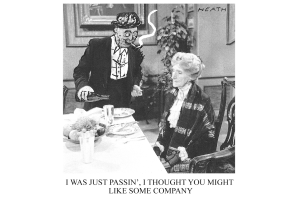

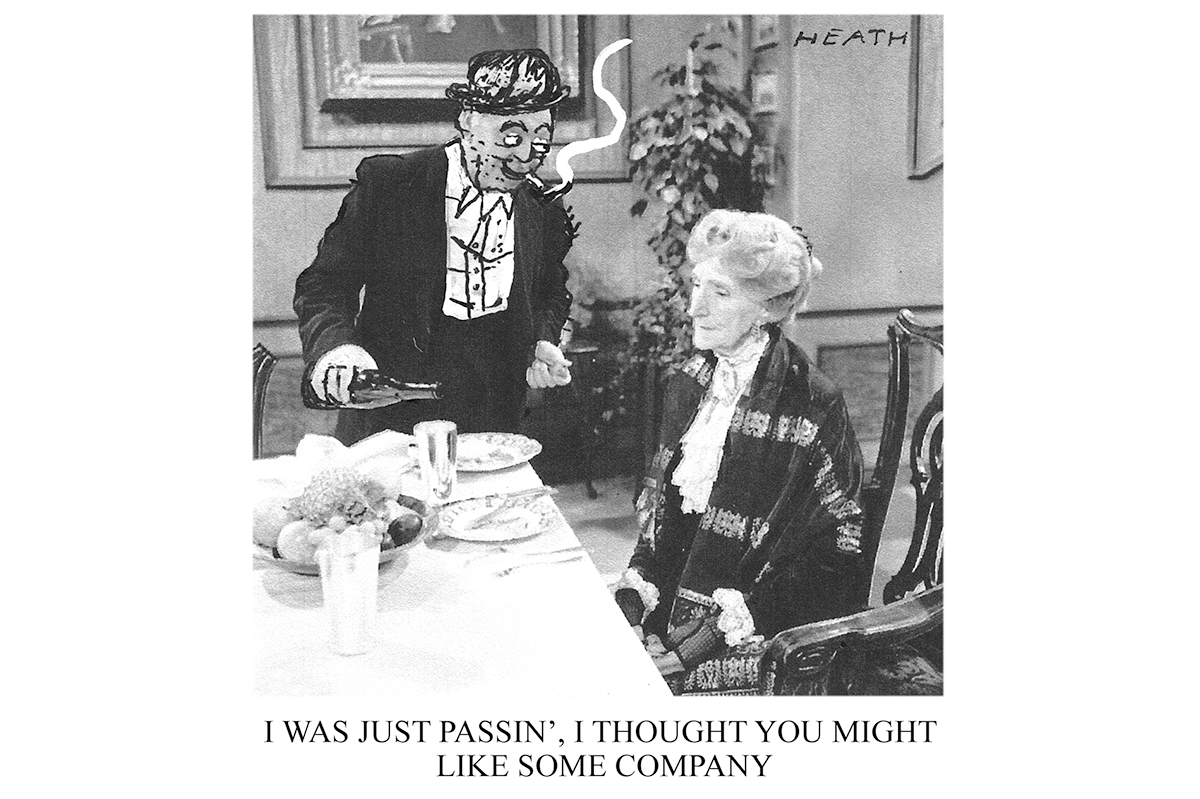
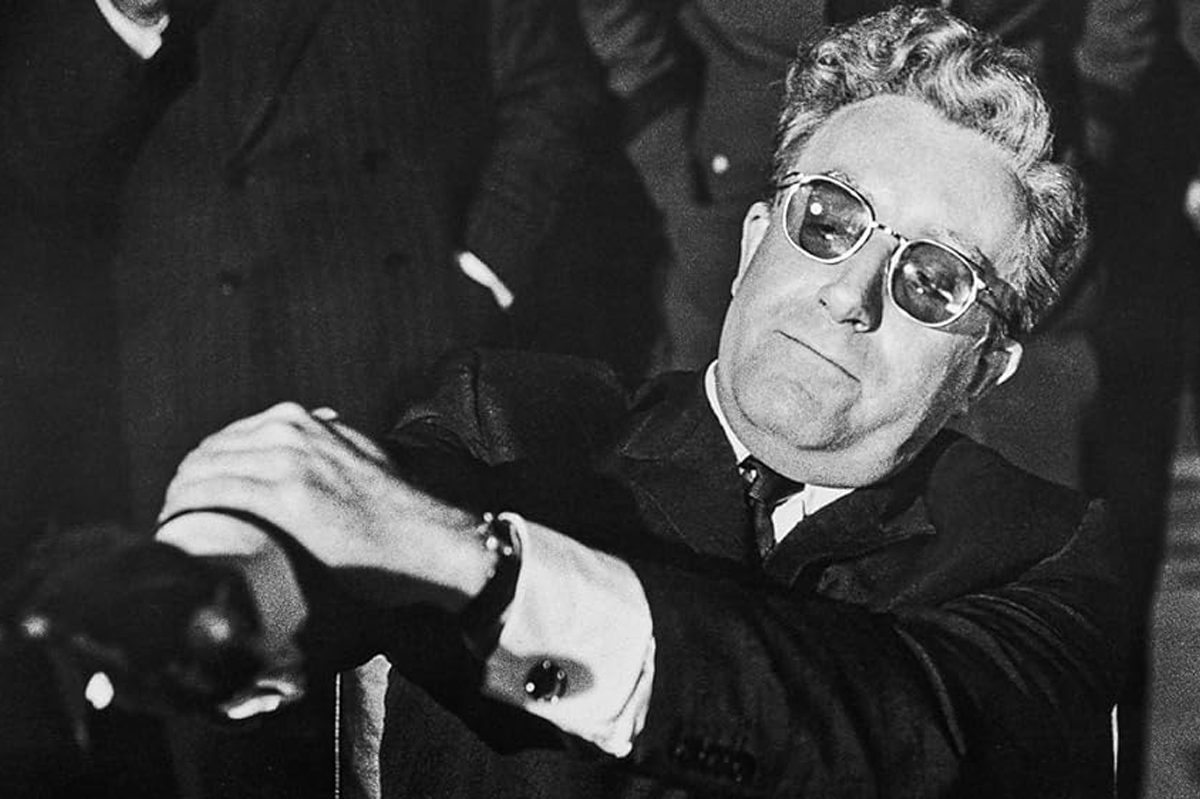
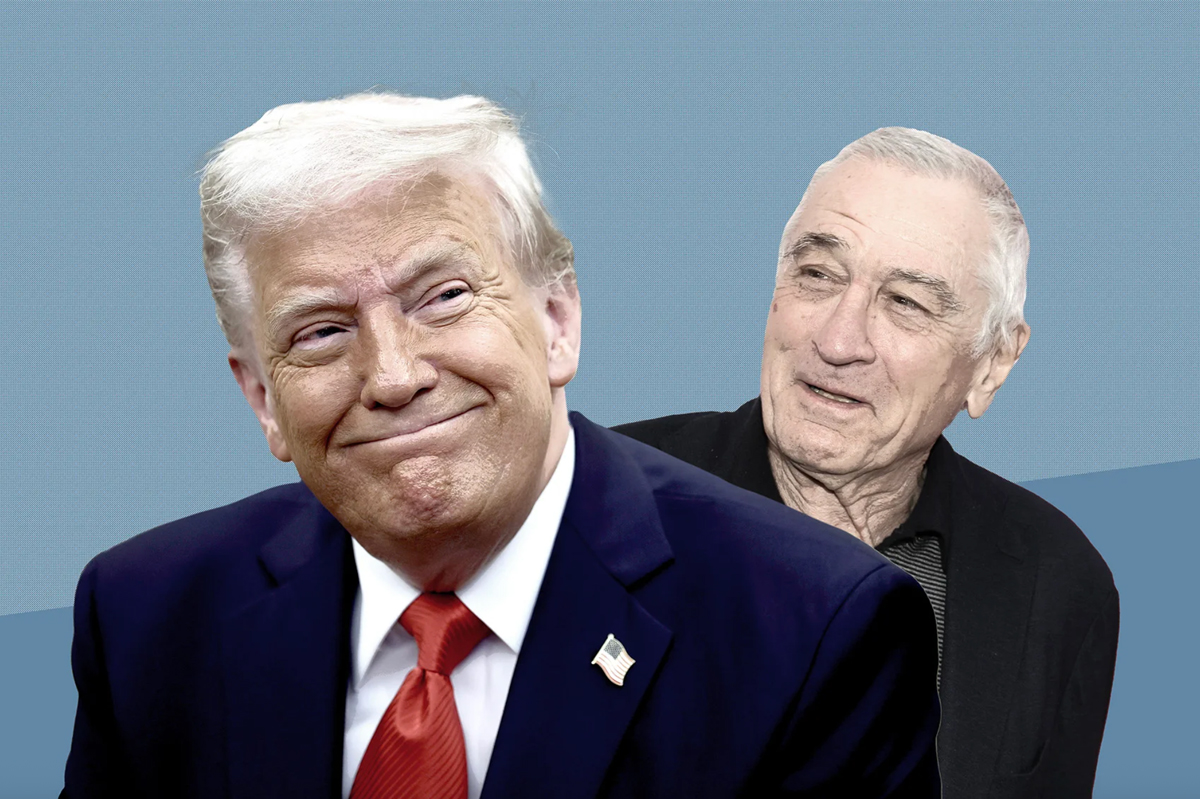

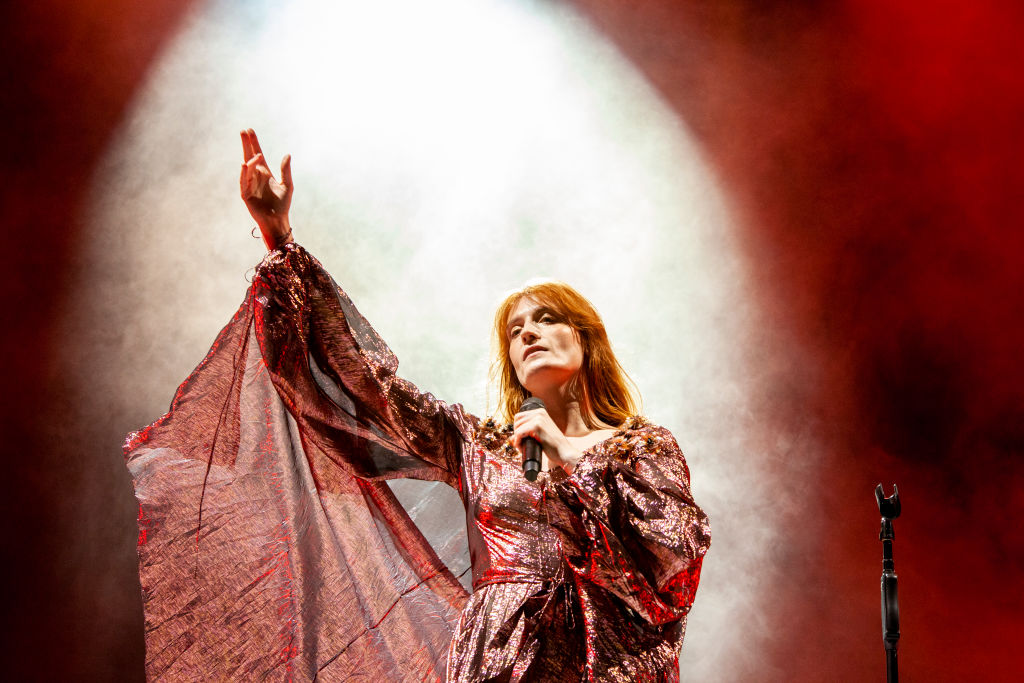







Leave a Reply